Coaching Running After Mollie Tibbets
August 31, 2018
I’d like to say I’ve been thinking about Mollie Tibbetts a lot lately. But I haven’t. Not really.
I only came to know Mollie’s name through tragedy. So instead of thinking of the young person whose life was taken prematurely, I’ve been thinking about the circumstances surrounding her murder, and what they mean to me, a man who coaches high school girls to be healthy, strong, independent young women through the sport of running.
What does it mean when running — the act that I love, the act I hope to help the girls I coach love as independent, assertive—traits I hope to help foster through my coaching —women, can also be taking one’s life in one’s hands?
Some stats:
According to a 2017 Runner’s World survey of over 2,500 women, “nearly one in three say they’ve been followed by someone — whether on foot or in a car — while they were running.”
According to the same survey, “43 percent of women say they’ve sometimes, often, or always been honked at, catcalled, or received unsolicited sexual attention on their runs.”
92% of women surveyed (92 percent!!) consider whether it is light or dark before they go for a run.
These stats have me unpacking my privilege as a straight white male. I have never been followed (that I’ve noticed) on a run. If running at night gives me pause, it is because I need to make sure I am wearing light-colored clothing. Sometimes people will yell things at me as I run; usually it is the patently unoriginal “Run, Forrest! Run!” (The movie has been out for a quarter century — surely you can do better?) Only rarely will anyone comment on the length of my shorts. It has never made me feel unsafe, objectified, or marginalized.
But I have spent the better part of the last decade and change running with young women and I’ve been a bystander to sexual harassment. My knee-jerk reaction has always been to fight fire with fire.
One autumn Saturday our long run brought us into contact with a sea of revelers — pre-gaming before the Hawkeyes took on the Arizona Wildcats in an early afternoon contest. As we waited on the corner of 1st Ave and 2nd Street for the light to change so we could cross the Coralville strip, a white-hatted frat boy yelled out of an idling party bus:
— Show us your t*ts!
Fighting fire with fire, I responded to unwanted sexual advances with unwanted sexuality and showed him mine. He spouted a homophobic slur. The light changed. We went on our way.
But even those reactions are manifestations of my privilege. I reacted without fear of retaliation, but reacting in such a manner could be dangerous — if not deadly — for the girls I coach. What advice can I give to the girls on how to acknowledge — or not acknowledge — respond — or not respond — to similar situations?
The week before prom I tell the girls there are three words they need to be prepared to use: “No,” “Stop,” and “Don’t.” That anyone who doesn’t listen to these words — or makes them feel small for using them — not only isn’t worth their time but is potentially a criminal. That if they find themselves using these words, they can come talk to me about it. Or I can find them someone to talk to.
But Mollie Tibbetts said no. And she was killed.
The fact of the matter is, no matter what we teach our girls, no matter how strong and resilient we raise them to be, they can do everything right, and still come up on the wrong end of a bad deal. The fact of the matter is, this situation has just as much — if not more — to do with our sons than our daughters.
I don’t like the term “toxic masculinity.” To me, the violence that was perpetrated against Mollie and so many other women is not a function of masculinity. It is sadism. It’s the work of a sociopath, not a man. But the perpetrators are men.
And so I sit and think — have I passively permitted a culture or environment of sexual harassment and misogyny?
I’d like to think I haven’t, but chances are I have sat there and said nothing, done nothing, looked the other way while some man acted the bore. I’ve walked the world cloaked in my privilege as if an injury to another wasn’t an injury to myself. As if I can enjoy the feelings of liberation my runs bring to me while others calculate if they can get theirs in before the sun sets.
I don’t know where my voice belongs in this conversation. Or if it has a place.
I do know the only thing necessary for evil — for chauvinism, for misogyny, for toxic masculinity — to prevail is for the good to do nothing.





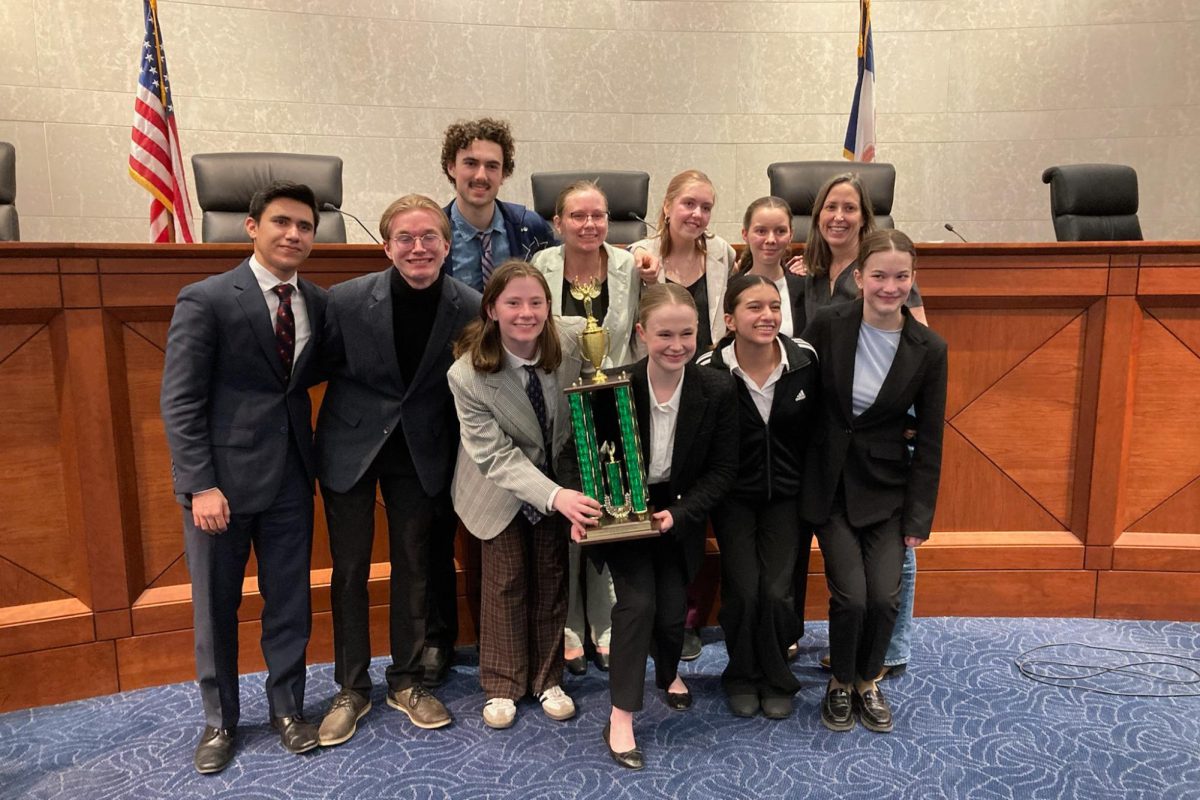
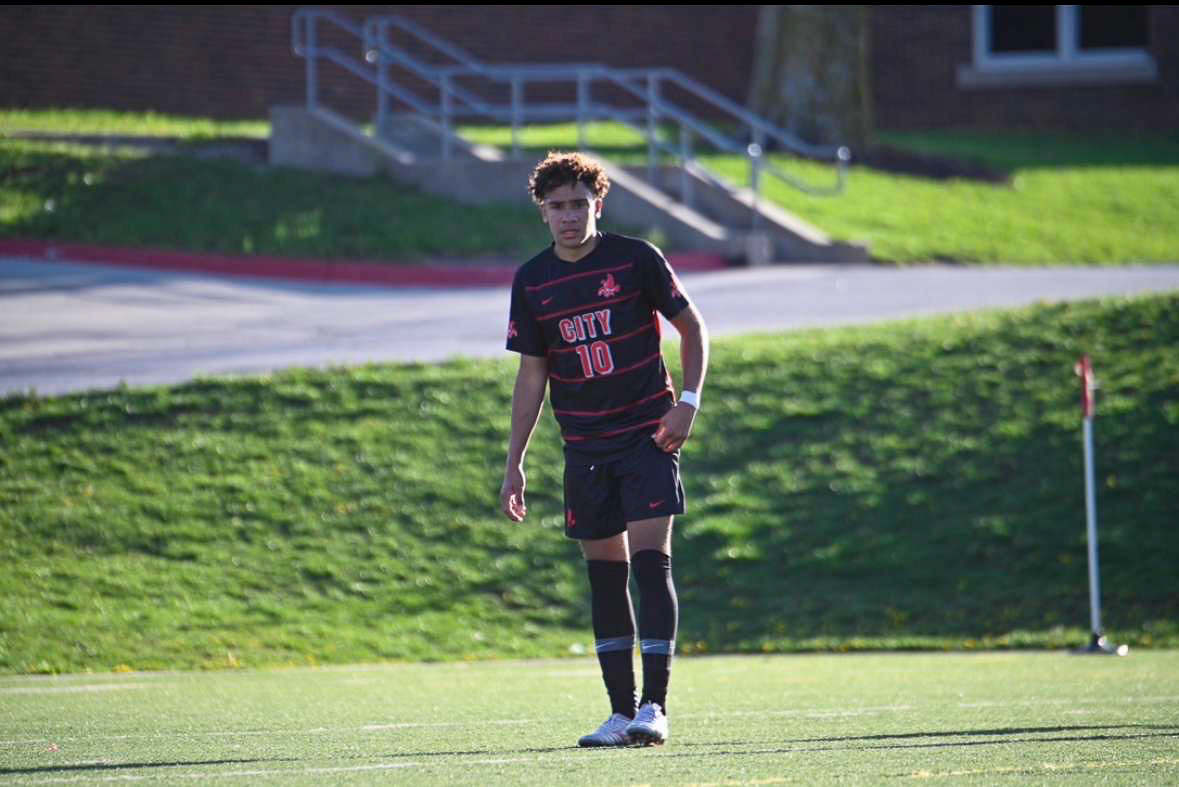























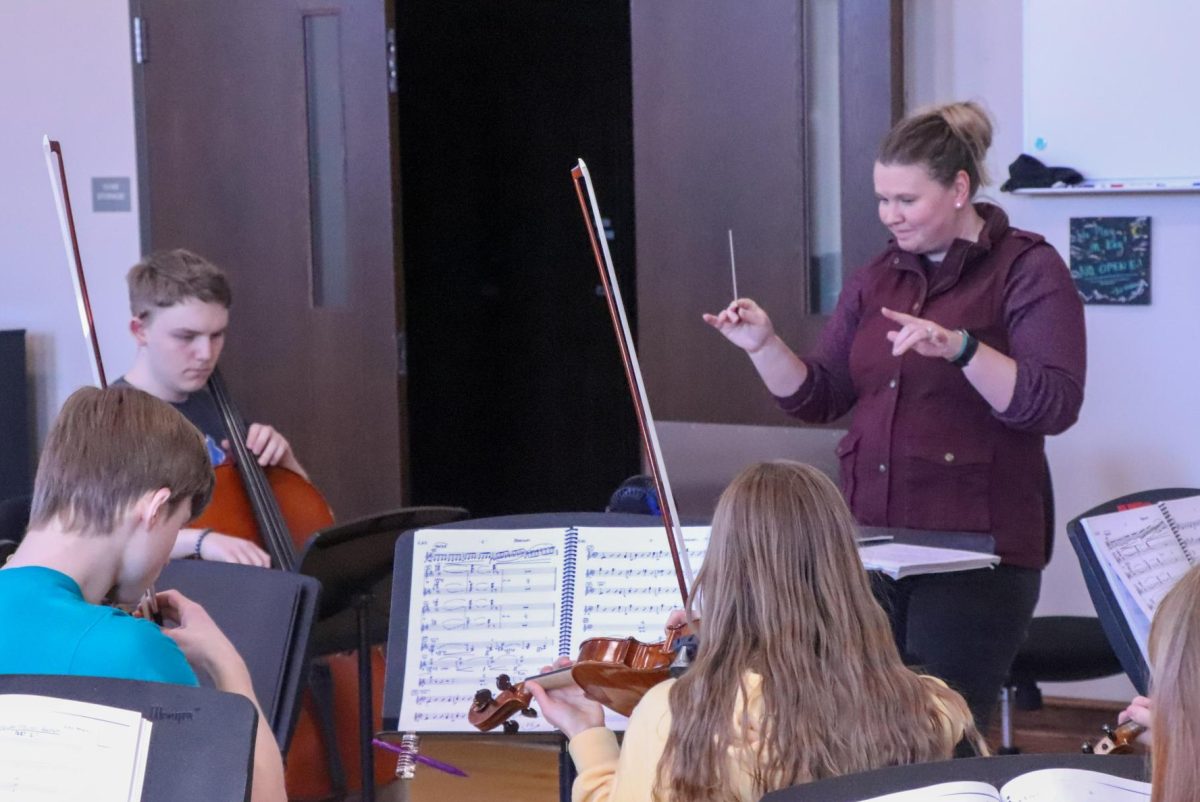


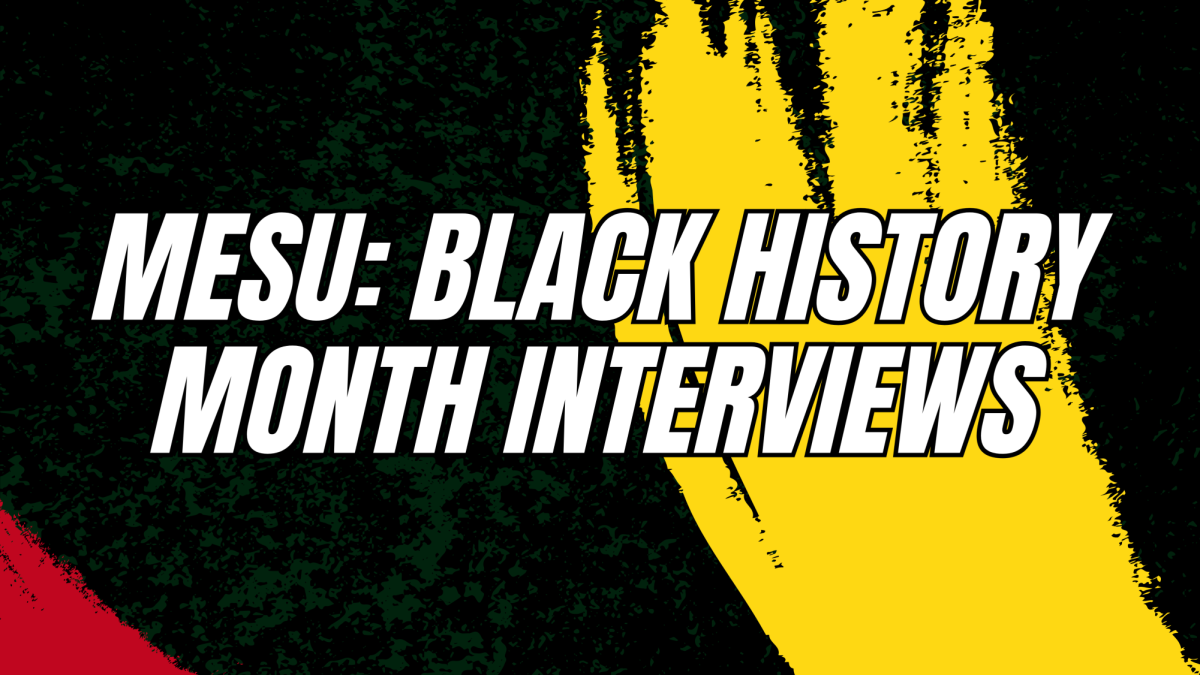

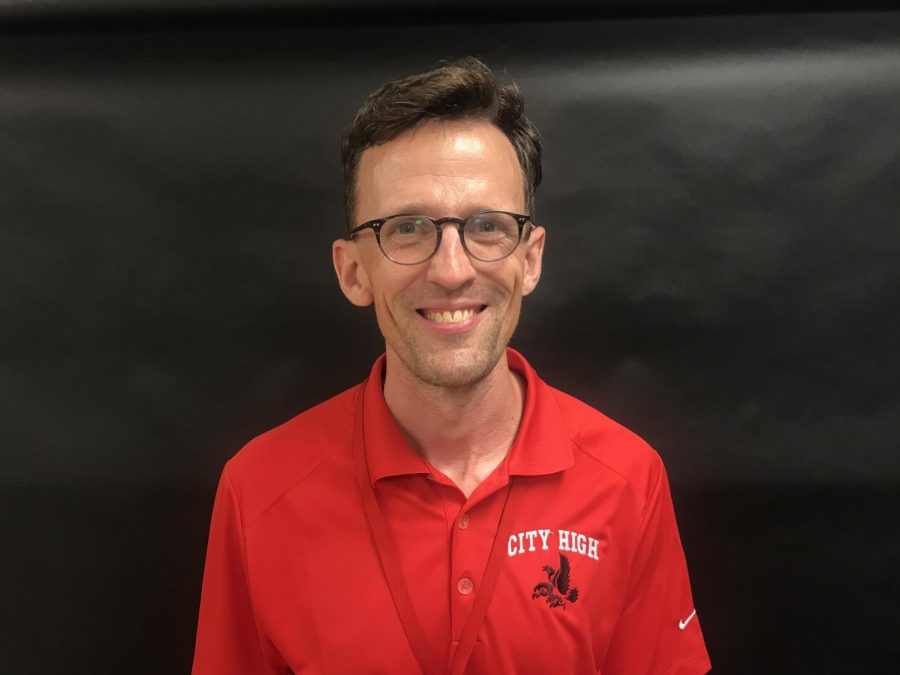





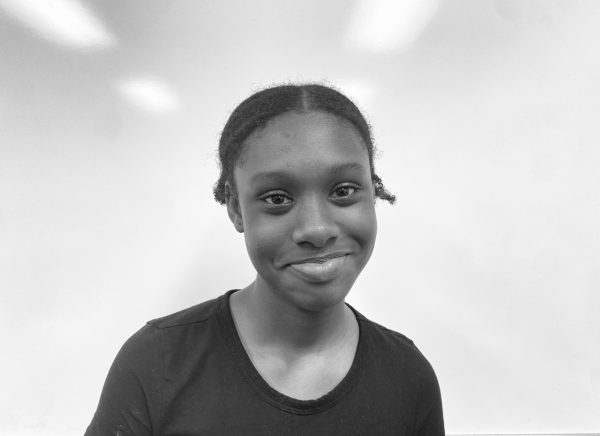

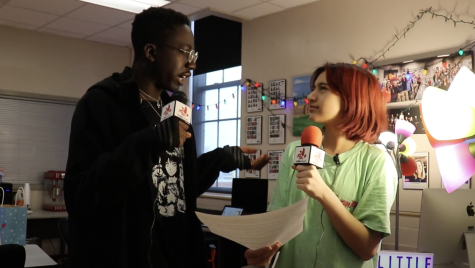
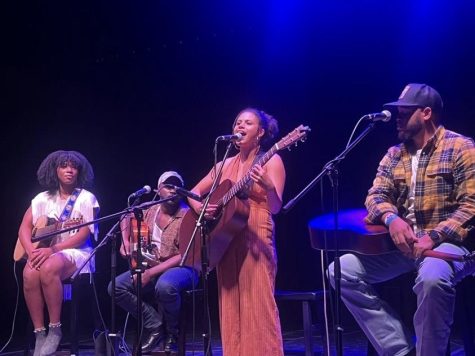
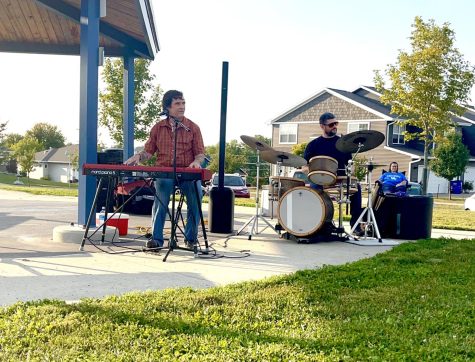
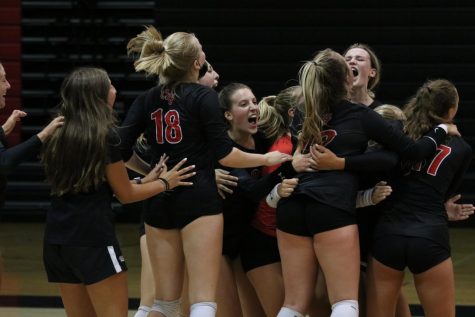
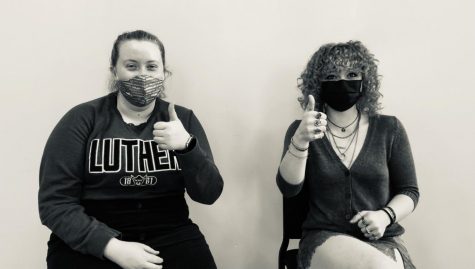
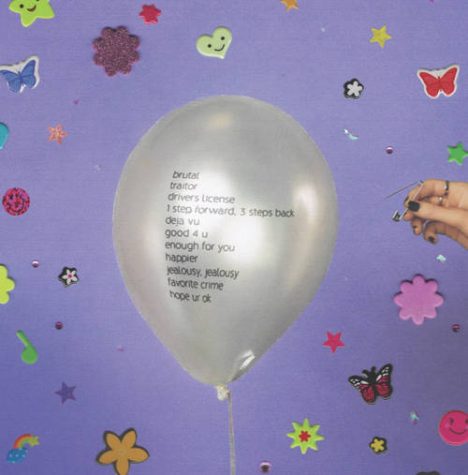
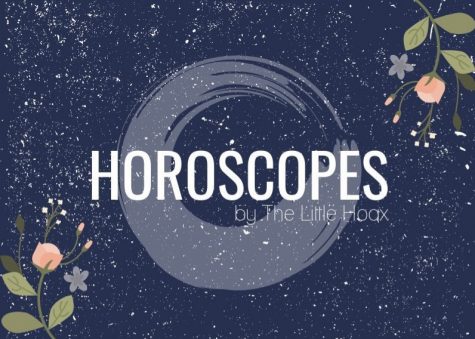
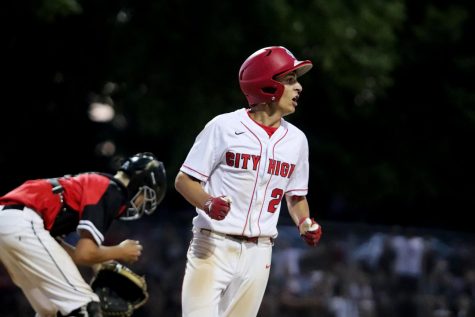
sherry Lohman • Sep 6, 2018 at 7:57 pm
Excellent—thanks, This
John Bollenger • Sep 5, 2018 at 1:06 am
Like quite a bit of what you have to say. However, you’re getting some of your information wrong. Stranger on stranger assault is much, much higher with men than women. Thinking you’re safe isn’t privilege, it’s ignorance.
RETIRED S.E. TEACHER • Sep 4, 2018 at 2:58 am
Dear Thos, I’m glad I decided to respond to your response. (Sorry it’s a few days late.) And I’m glad I decided to write in the first place. You’re right that we don’t know everything we need to know, or even everything we think we know. eg: that you can enjoy your freedom to run without worrying about the time of day, thinking you’ve done your job just by reminding the young women in your charge of the 3 words they can say to keep themselves “safe,” etc.
In this 21st century of ours, violence against women and, yes, against too many men as well, is only increasing, as you know all too well. Especially when we consider to whom we are supposed to be able to look up to as the “leader” of our country. I was born & raised in I.C. and not only felt perfectly safe walking, running, biking, and exploring new places around where I lived, but also, looking back, and being the mother of a 35-yr-old son, realizing that *no one* is safe any longer. You yourself weren’t safe during your incident with the boys on the bus. Any one or more of them could have come after you later to “teach you a lesson” about being “queer” or pretending to be, or just making them look stupid (which they did). That probably never even crossed your mind. Attacks can happen anywhere, to any person, at any time, by anyone. I don’t know how we get this message across to our students or our own kids, except by setting a good example, and by telling them to never travel alone.
P.S. (Are you and Anna sibs? I believe I had you both in class. Best wishes.)
I think all students should learn a martial art. Learning CPR is just a start.
How I miss the freedom of the “good old days.”
Barbara Grant • Sep 1, 2018 at 3:53 am
Perhaps each town/ city need a Running Mate. Club…a safe companion or group with whom to run. The “club” aspect could insure accountability by requiring registration. Routes could be logged prior to a run. Check in/check out on line to confirm safety.
Ashley Lindley • Aug 31, 2018 at 7:33 pm
Thank you for sharing this, Thos. As a survivor of sexual violence, and someone who has actively advocated for others and worked to spread prevention education, I think your voice does have a place.
There are men out there who will not listen to someone like me addressing their actions (or inactions, as you mentioned) and explaining how it perpetuates the problem. We need men advocating with us. We need you to talk to your male colleagues, friends, and family to discuss problematic behavior. We need you to call out rape jokes and explain how they harm people. We need you to stress the importance of respect and consent with them.
Like you stated, women can do all of the right things and still have something terrible happen to them. It’s time we turn this around and work from the root of the issue. We need to address the problematic behavior of men that allows the majority of this violence to occur in the first place.
I commend men like yourselves that have come to this realization of how they have unknowingly contributed to the problem. It’s heartening to know you want to do better and do right by the young women you coach. So please, advocate with us. WRAC and RVAP are great places to get resources (or training if you’d like to go that far) to help you on your journey.
Thank you for standing with us.